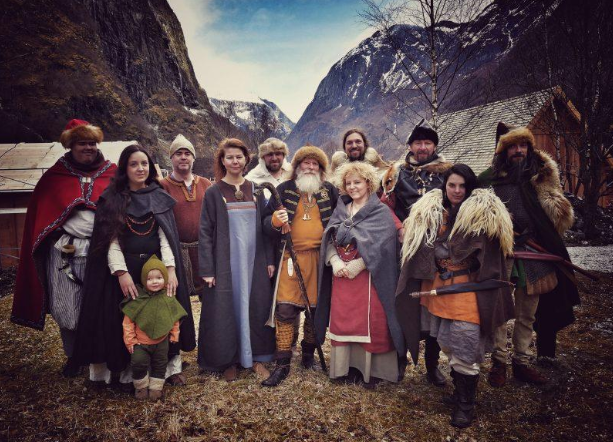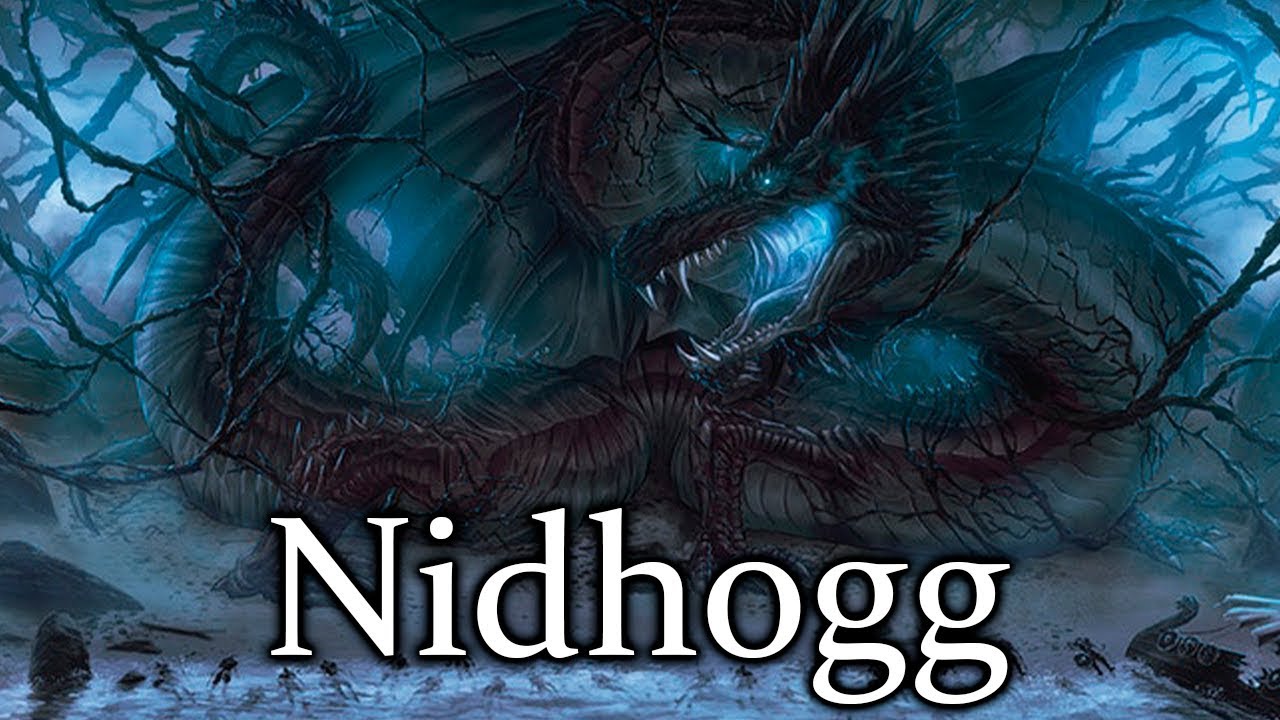How to tell if you have Viking heritage
It's more than nine hundred years since the Viking Age, so it's no surprise we've forgotten which of us are descendants of the Scandinavians. So “how to tell if you have Viking heritage?”

Not surprisingly, there are many of us who would like to discover if we have Viking heritage and does Viking heritage even still exist until now. There even have a survey showing that 56% of people who are investigated are curious about the Viking blood. Here we summarized the information from experts to help you figure it out. So if you wonder “how to tell if you have Viking heritage?”. Scroll down and read the article below!
Does Viking heritage still exist?
I know some of you might say “non-existent Viking heritage claims” as the Viking era ended in 1066. To be honest, what you see on the internet such as someone who has long, blonde hair and a beard, took off his top, got splattered in ketchup and grabbed an axe for an Instagram photo doesn’t make this person a Viking. Given how Vikings are often portrayed in books and movies, it probably won't surprise you to learn that the Vikings were quite a bit different in real life. In fact, the Vikings, sometimes called Norsemen, weren't even a single nation and didn't consist of a single race or people group.
You might be surprised that "A million Vikings still live among us: One in 33 men can claim to be direct descendants from the Norse warriors". According to Dailymail UK:
"Almost one million Britons alive today are of Viking descent, which means one in 33 men can claim to be direct descendants of the Vikings.
Around 930,000 descendents of warrior race exist today - despite the Norse warriors’ British rule ending more than 900 years ago.
A genetic study carried out by BritainsDNA compared the Y chromosome markers - DNA inherited from father to son - of more than 3,500 men to six DNA patterns that are rarely found outside of Scandinavia and are associated with the Norse Vikings."

So now you probably know Vikings still exist today right? But the answer is Yes and no. No, to the extent that there are no longer routine groups of people who set sail to explore, trade, pillage, and plunder. However, the people who did those things long ago have descendants today who live all over Scandinavia and Europe.
In fact, in many Scandinavian countries, there are large groups of people who dedicate their lives to living as the Vikings did long ago. For example, both Norway and Sweden have Viking villages filled with people who live like Vikings in the modern era, recreating the tools, boats, and ways of life the Vikings established over a century ago.
How to tell if you have Viking heritage?
Many people with British and Irish heritage (and no known Scandinavian ancestors) may be surprised do discover traces of Scandinavian ethnicity in their Ancestry DNA test results.
Do you have Viking blood?
So having Viking ancestry, among other things, means a person is a descendant of someone who was born in Scandinavia. However, with respect to our genes, there is no such thing as “stemming from Scandinavia”. We all stem from Africa. But some of us have ancestor lines that passed through Denmark, Norway or Sweden at some point in time. We’re interested in those who did so during the Viking Age (AD 793—1066). In order to understand what genetic markers may help us find out if one has Viking ancestry, we are to delve into some theory and terminology.
Genetic information is carried out by DNA. DNA is the main component of chromosomes.
Males have one Y chromosome and one X chromosome. Females have two X chromosomes.
Y chromosome contains information about all the changes that occurred to it in a given direct male line up to the very first human male. These changes are called mutations. In genetic genealogy, two types of mutations are relevant: STR and SNP (pronounced snip).
STRs (short tandem repeats) occur rather often (in terms of generations). STR profiling uniquely identifies a person (except for identical twins). STRs define your haplotype.
SNPs (single-nucleotide polymorphisms) occur not so often as STRs. The set of SNP mutations define your haplogroup. Subsets within haplogroups are called subclades.
There are 20 major Y chromosome haplogroups designated by letters from A through T.
Part of your name can tell you that you’re probably a descendant of Vikings
Experts have said that any surname ending in ‘sen’ or ‘son’ is likely to be of Viking descent (big news for Emma Watson, Emma Thompson, Robert Pattinson and co) – and surnames such as Roger/s, Rogerson, and Rendall also hint that there’s a touch of the marauder to you.
And they aren’t the only surnames that wannabe Vikings should watch out for…
Surnames of Viking descendants
- Names ending in ‘sen’ or ‘son’
- Roger/s, Rogerson, Rendall
- Names which contain a nod to personal characteristics, such as ‘Love’, ‘Short’, ‘Tall’, ‘Wise’, ‘Long’, ‘Good’ (e.g. Goodman).
- Scottish surnames (e.g. McLeod, McIvor, McAvoy, McAulay)
- Irish surnames (e.g. Doyle, McDowell, MacAuliffe)
- Scandinavian surnames (e.g. Flett, Scarth, Linklater, Heddle, Halcro)
That's all. I hope after reading this summarization, you can be able to figure that "how to tell if you have Viking heritage". Follow us at https://haquil.com/blog for more Viking stuff




